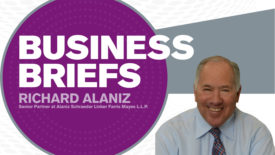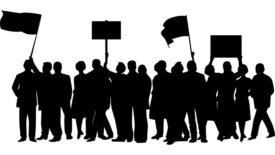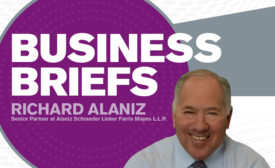Home » National Labor Relations Board
Articles Tagged with ''National Labor Relations Board''
Are You Responsible for Labor Violations Committed by Companies You Work With?
To best avoid potential liability, review your contracts
Read More
What President Trump Means for Labor and Employment
Changes could take effect soon after Trump assumes office
Read More
Federal Regulators Make Life Easier for Unions
Employers need to understand the current atmosphere, what new actions mean
Read More
Regulations, Executive Orders, and Court Rulings - Part 2
More information on what employers need to know now
Read More
Developing Social Media Policies that Comply with NLRB Laws
Employees have the right to engage in “protected concerted activities”
Read More
Copyright ©2024. All Rights Reserved BNP Media.
Design, CMS, Hosting & Web Development :: ePublishing



